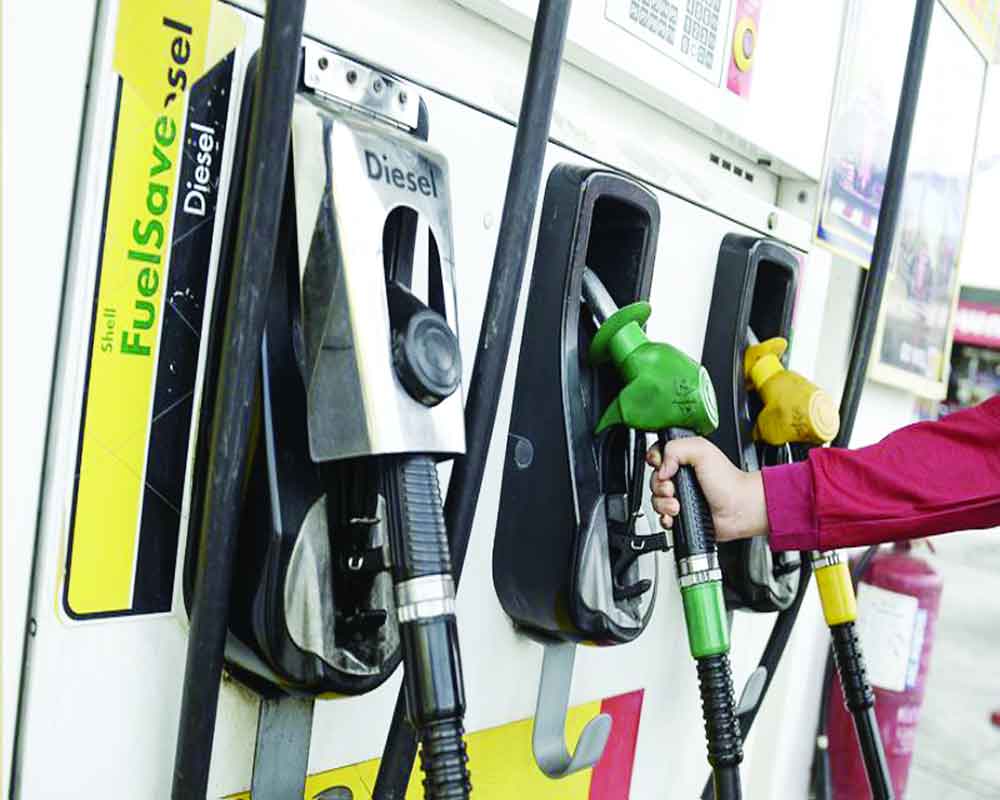Maruti withdrew from diesel car sales following Volkswagen’s emissions scandal. A few years ago, automotive writers were talking of the emergence of ‘clean diesel.’ With technologies such as high-pressure injection, diesel engines had after all moved from being seen as the dirty, smoke-belching fuel that we remembered two decades ago to being a clean, and heaven forbid, an environmentally-friendly option. As technologies made diesel engines more efficient, in many cases offering half as much fuel economy, some considered them a carbon-friendly alternative to petrol. Given similar engine sizes and cars, diesel models burnt much less carbon thanks to their efficiency. At the same time, these machines were not the old plodding engines of the past. Modern turbochargers and stored energy systems made diesel engines powerful as well and, thus, fun to drive. In countries like India, where diesel’s reputation as the fuel that transporters used and its subsidisation for what were believed to be lower-income buyers, made it even more popular, despite similar diesel-powered cars costing a lakh of rupees more on average than petrol. The extra efficiency coupled with the lower cost of fuel meant that an average user driving a thousand kilometres a month would make his or her money back in three years and earn a pretty profit after the lifetime of the car. As a result almost half the cars sold in 2012 in India were diesels.
But all of that was a lie. Volkswagen, the largest car-making conglomerate in the world, was caught cheating in emission tests when the cars being probed went into a ‘test’ mode giving better results. Far too good it emerged. Not only were diesel cars burning more fuel, they were emitting a dangerous cocktail of greenhouse gases such as nitrogen oxides and particulate matter. As a result of this, and Delhi’s deadly winter air, the Supreme Court first banned the sale of all high-capacity diesel cars and followed that up with a directive that diesel cars can only be registered in Delhi for 10 years. This had an immediate impact on diesel car sales in the biggest car-buying region of India. In 2018, these models accounted for under a quarter of sales and that number continued to fall, so much so that even luxury manufacturers, 90 percent of whose sales used to be diesel, started to launch a rash of petrol models even on large SUVs. The new Bharat Stage VI (BS-VI) emissions norms moved up rapidly from BS-IV as a result of the emission crisis, and would additionally make small diesels much more expensive as well. Maruti’s announcement that it will stop selling all diesel models by April 1, 2020, is a direct consequence of these events. While a quarter of Maruti’s sales are still diesel, the company sees the future as being reminiscent of the past where it becomes the choice of fuel for trucks and trains. That said, this is a bold step by the country’s largest carmaker, and while shareholders might be angry, it shows that Maruti, like Porsche, has seen the future. And the future has no diesel.
Writer & Courtesy: The Pioneer








 OpinionExpress.In
OpinionExpress.In















Comments (0)